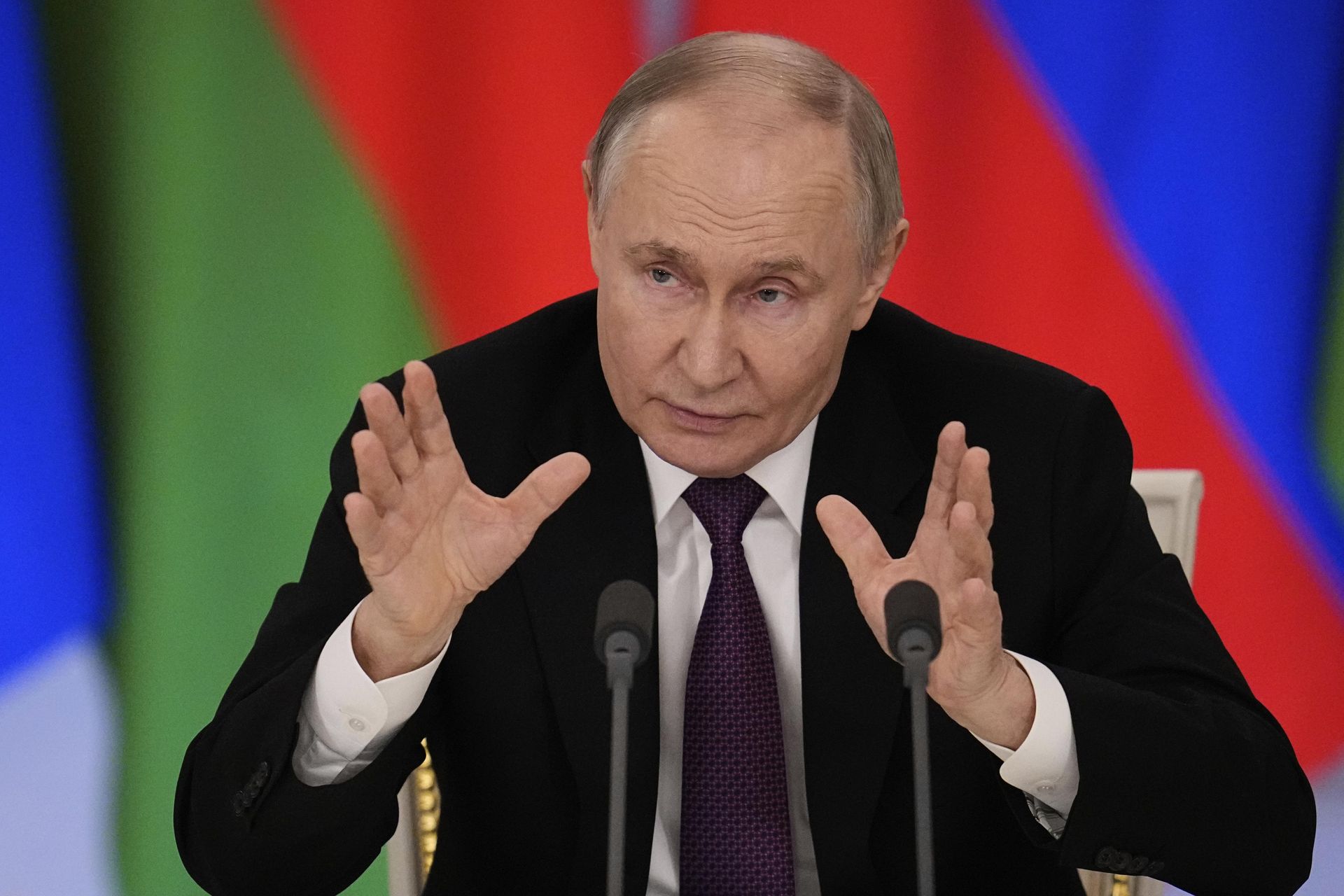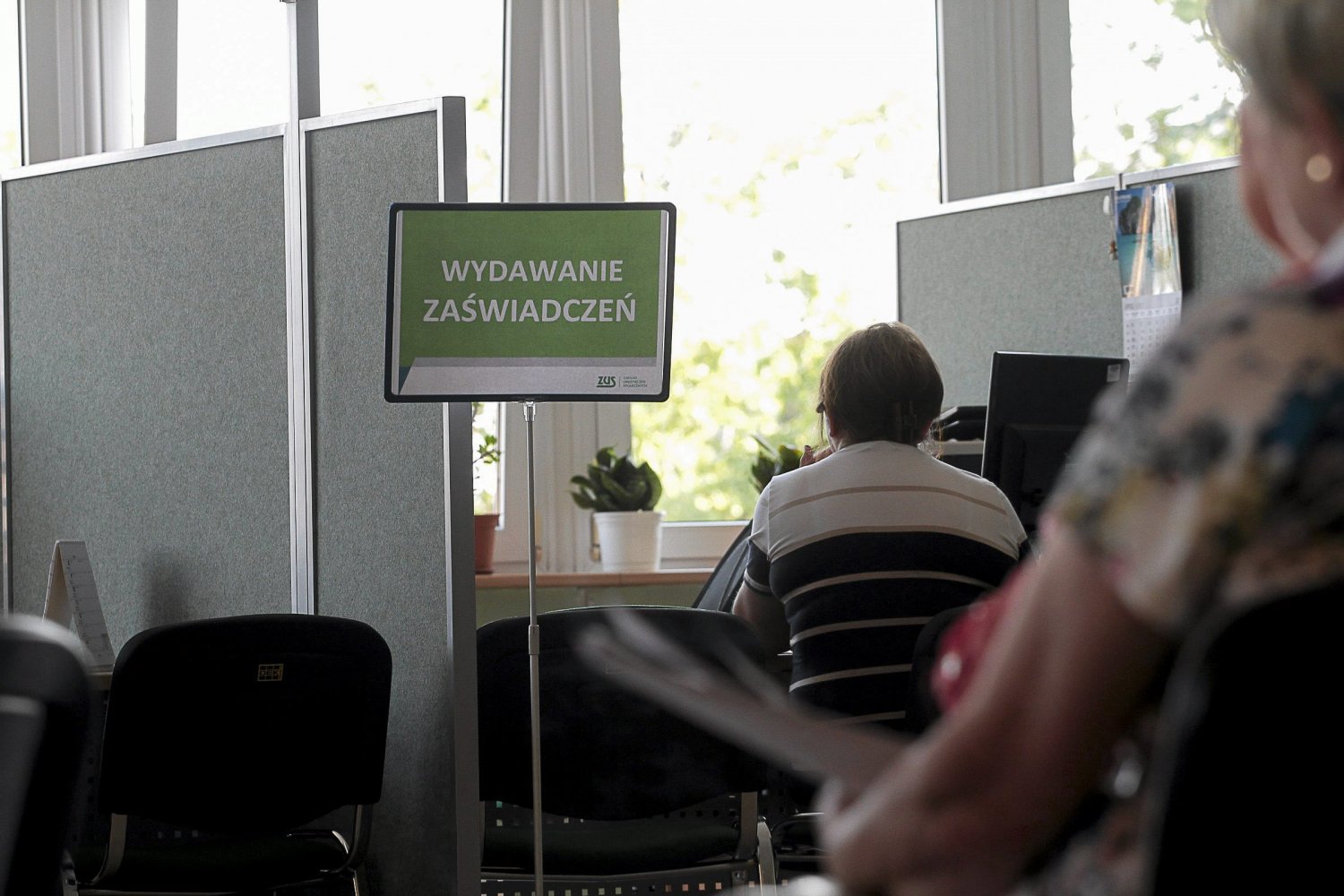The material was created in cooperation with POLON.pl and Podcast Travel without Passport.
Mateusz Grzeszczuk, Journey Without Passport: We will talk about joint exercises of China and Cambodia “Golden Dragon” on land and sea. Is there a geopolitical right of the state of Cambodia? erstwhile we decide to share exercises with China in any way we place ourselves in this geopolitical rivalry of powers – all the more so that Cambodia cancelled the exercises with the United States.
Dr. Michał Zaręba, Centre for Asian Affairs of the University of Lodz: It can be mentioned that exercises with the US have been taking place since 2010 and in 2016 they have been cancelled and a series of trainings in cooperation with China, "Golden dragon". It was clear that Cambodia was changing its abroad policy vector towards China, although specified signals had appeared much earlier. In 2010, partnership with Beijing was raised to a comprehensive and strategical level. In addition, the Uighur people were expelled from Cambodia, even though they knew perfectly well what their destiny would be erstwhile they reached the Chinese side. Taiwan's representation in the country was besides closed, which was besides a symbolic gesture.
In summing up the above issues, the approach of Cambodia to China became increasingly clear, although this is not only due to military cooperation issues, but besides to the level of investment within the Belt and way (the Chinese are the largest investor in Cambodia). In 2010, they overtook the nipponese in terms of abroad financial assistance – the ODA strategy remains an crucial tool for Japan's abroad policy, and it is clear that the Chinese want to dominate cooperation with Cambodia as well.
So Prime Minister Hun Manet clearly chose the direction of his actions. It's a beautiful interesting decision, and most countries want to drift between 1 partner and another.
Yeah. I would mention here to the words of Hun Sena, who said, "Who is he to trust on as not China?" It was a crucial declaration, and in 2019 there were besides words about "iron friendship". Looking through these words at Cambodian politics, we should besides see what happened in relations with the countries of the region.
Cambodia has failed importantly in ASEAN countries, felt a deficiency of clear support in the territorial dispute with Thailand around the Temple of Preah Vihear – it may not be a large area, but it is very symbolic of each other. Cambodia definitely did not feel support from regional partners, which is why it is likely to consequence in a turn towards Beijing.
Perhaps he was besides strengthened by his desire not to stay in the embrace of Vietnam. The Cambodian society's opposition to Hanoi besides translates into Phnom Penh's politics, as the Cambodian opposition pressed on Hun Sena and repudiated his erstwhile relations with the Vietnamese with whom he came to Cambodia and took over, overthrowing the Red Khmers.
The turn towards Beijing may be due to any disappointment and deficiency of appropriate cooperation with the Southeast Asian countries that Cambodia had hoped for.
And the disappointment of the Americans?
To a certain extent, I suppose. On the another hand, it should be remembered that in fresh times Americans want to work with Cambodia again and look at it possibly with greater understanding. A visit by Lloyd Austin is scheduled for June, which besides involves Golden Dragon exercises. There is simply a certain threat in Cambodian-Chinese cooperation for all countries in the region and countries active in the situation in Asia and the Pacific.
In addition to the maneuvers that proceed the exercise, a serious thread occurred in connection with the usage of the Ream base by the Chinese Navy. Of course, this base is located in the south of Cambodia. The anticipation of permanent usage by Chinese ships automatically gives emergence to this threat to the safety of Vietnam and the South China Sea region.
Naturally Cambodia claims that due to the Constitution's provisions it will not agree to a permanent base for China, but 2 Chinese corvettes stationed in Cambodia arrived already last December. This presence was translated by exercises. However, even if it is not an official, permanent Chinese base, the anticipation of utilizing Chinese ships from the cape in the Gulf of Thailand poses any threats to the countries of the region, in the context of disputes in the South China Sea.
It is worth mentioning the initiative to build a Funan Techo channel, which is to be built from the Phnom Penh area to the Cambodian coast. A 180 km channel can be read as a geopolitical threat, mainly for Vietnam. Firstly, Chinese units can swim through the canal, but above all it is the cutting off of the Mekong Delta, where immense money flows through Cambodia to Vietnam and Hanoi may lose on it. The channel is evidently built in cooperation with Beijing – the cost will be around $1.7 billion and the Chinese company will be liable for the project. This besides raises concerns on the side of Vietnam and the US.
The Chinese ships did indeed find themselves in Cambodian waters. There is much talk of upgrading Cambodia's military forces with the aid of China. As far as the military possible of Cambodia is concerned, are we talking primarily about the navy?
Surely the Navy gives Cambodia quite a few opportunities. Let us compare it to the neighbouring Laos – an inland country with much little opportunities to trade and open its ports to the flow of goods.
The Cambodian army surely cannot match Vietnamese. However, the Chinese, thanks to their wide-ranging investments, can aid with investments in this area. It is said that this year's maneuvers are intended to encourage Cambodia to acquisition equipment from China – the aspect of the modernisation of military weapons besides remains 1 of the most crucial issues of mention to this year's maneuvers.
They started on 16 May – I would ask for a coherent message at the end.
I am curious myself, how they will be received, but as I mentioned – the USA is already waiting in the starting blocks to pay a visit to Cambodia and meet Hun Manet. We have presented Cambodia as a country turning towards China (and that is true), but I would besides point to any opportunities outside Beijing.
The Americans are counting on Hun Manet – as an educated man in the United States – to effort to deal with Washington. besides during the leadership of Cambodia in ASEAN, it was seen that she did not side with China during the UN vote to condemn Russia for attacking Ukraine. This was perceived as a signal to the field of cooperation and a chance to participate in what is happening in this part of Southeast Asia. Cambodia voted alongside the block of Western states.
Looking at the increasing Chinese investments in Cambodia and what investments are going on to grow the Ream and Funan Techo, it is more likely that cooperation should be strengthened. However, Washington will not quit his cooperation with Cambodia's wrestler.
However, the debt to China should be repaid first.
That's another interesting thing. The celebrated diplomacy of the debt trap is simply a Chinese instrument of influence in Southeast Asia, especially towards Cambodia and Laos. It is said that 40 percent of Cambodian debt is precisely debt in Chinese financial entities. If Cambodia can't pay all its debts, naturally the Chinese will anticipate something from it.
We had akin examples of the prognostic action of Cambodia, for example, in 2012, erstwhile the joint ASEAN message was first blocked in past due to the fact that it was not in favour of Beijing.
You can perceive to the full recording at the following link:
Developed by: Magdalena Melke
Written by Mateusz Grzeszczuk















